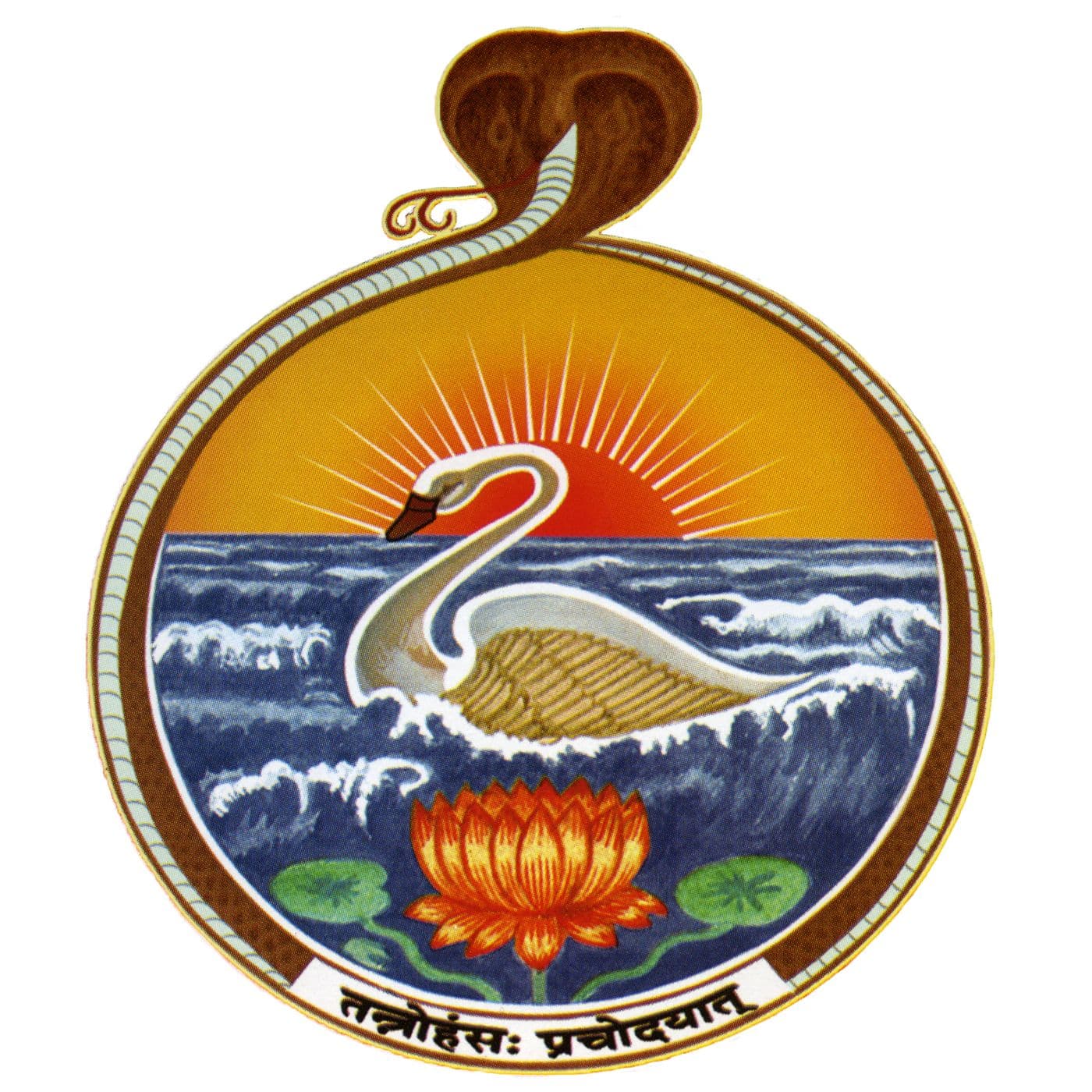Religion & Spirituality
-9th chapter: verses 12, 13, 14, 15, 16. 4th chapter: verse 24-The lecture was given by Swami Tattwamayananda on October 1, 2021.-Lord Krishna discusses two types of temperaments in verses 12 and 13. Those who are endowed with daivi-sampat and those endowed with asuri-sampat. As we evolve, we become more endowed with daivi-sampat, and our concept of God evolves.-Daivi-sampat is natural to noble-hearted persons, who are like angels. Daiva means the effulgent one.-12th verse: “Certain people, who do unnecessary, useless things out of vain knowledge, ignorance, haughtiness – they are possessed of the quality of evil-doers (asuri-sampat).-13th verse: “The great souled ones, they are possessed of the divine nature (daivi-sampat). They know Me as the origin and as immutable. They worship Me with a dedicated mind.”-There are three categories of devotees endowed with daivi-sampat – superior, medium and lower. The superior devotee has reached the highest level and sees God in everything and everything in God. This is not a concept, but a fact that the devotee experiences. The medium and lower category devotees are described in the 14th verse:-14th verse: “They have not reached the highest level. They worship Me by engaging in different types of spiritual practices such as reading books, striving with austere vows and singing devotional songs.”-15th verse: “These people of divine qualities, they practice jnana-yajna. Some of them devote their life to the realization and practice of the Advaitic spiritual truth – the unity and oneness of existence. Others practice dualistic philosophy, ritualistically worshipping God as a divine, compassionate being. Both are following the same spiritual path.”-16th verse of 9th chapter reads very similar to 24th verse of 4th chapter. The subject of verse 24 is how to spiritualize our entire life - how every secular activity, every word, deed, thought, emotion can be spiritualized – how we can stop seeing the distinction between the secular and spiritual.-Every thought becomes a meditation, every word becomes a mantra, every action becomes an act of worship, every travel becomes a pilgrimage, every movement becomes a circumambulation around the deity, and the whole life becomes an offering to God.-Verse 24 is uttered with a deep sense of reverence before people eat food. It emphasizes that everything is spiritually one. This truth can be realized by associating all actions with the Divine.-With the imagery of a Vedic ritual (Yajna), this verse says: “the process of offering, what we offer, the one who offers, into what it is offered, the act of performing the ritual, the goal to be reached – everything is Brahman.” Our purpose, our actions, the tools that we use, the mantras that we chant, the Agni (fire) – all are expressions of the same supreme reality. This is natural for the person with highest realization – to him, every act is equally spiritual; there is no distinction between the secular and spiritual.-In 16th verse, Lord Krishna says, “I am kratu”. “I” am yajna. “I” here refers to the all-pervading divine reality. In Vedic literature, there is an evolution of Hindu godhead from Pantheism (God is equated with external world) to Panentheism (God is the spirit within the external world) to Polytheism (God is the divine power regulating nature) to monotheism (there is only one God) to monism (non-duality).-Kratu refers to sapta-soma-yajna, where soma juice is offered in the sacrificial fire. Vedic mantras uttered during the yajna emphasize harmony and balance of nature. Let the earth, clouds, skies, plants, trees and the entire cosmos remain pure, undisturbed, and in perpetual peace and harmony.-By equating “I” to many Vedic rituals, Lord Krishna is saying that all the Vedic rituals are non-distinct from the all-pervading divine reality. Every act is an expression of the divine.

